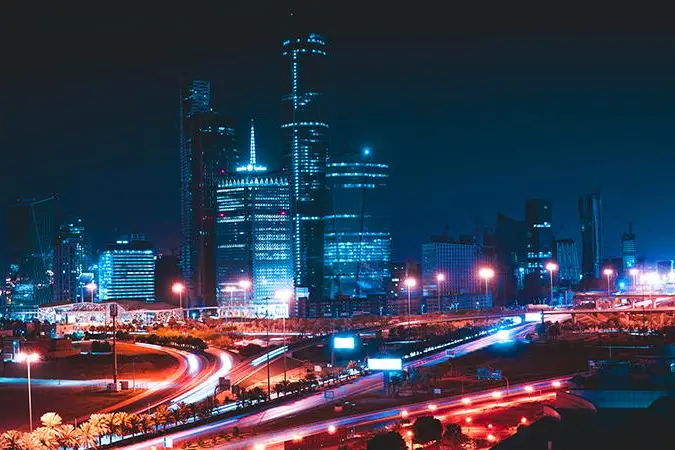PHOTO
Saudi Arabia's consumer price index rose 1.2 percent in January compared to the same time in 2021 as transport costs spiraled higher, according to government data released on Tuesday.
However, prices were unchanged from December 2021, the Saudi General Authority for Statistics said.
The year-on-year rise was mainly the result of higher prices for transport, which rose by 4.9 percent on the back of higher gasoline prices, which jumped 34.5 percent year-on-year, the data showed.
Last year, Saudi Arabia, the world’s biggest oil producer, said it would place a cap on gasoline prices at the pump to cushion domestic consumers from rising prices.
The food and beverages index rose 2 percent, mainly due to an increase in the price of foodstuff, particularly vegetables.
In contrast, housing, water, electricity, gas, and other fuels prices edged down 1.3 percent due to the decline in the actual rentals for housing by 1.7 percent. Clothing and footwear were cheaper too in January.
The London-based consultancy Capital Economics said while they thought the Saudi inflation rate will increase over the coming months, it is likely to hover around 1.0-1.5 percent over the rest of 2022 and 2023.
With fiscal and monetary tightening likely to weigh on domestic demand, "we doubt that it will reach the strong rates seen in other parts of the emerging world and it is likely to peak in the middle of the year before falling back and stabilising at 1.0-1.5 percent y/y over the second half of this year and throughout 2023," said economist James Swanston in a note.
(Reporting by Brinda Darasha; editing by Daniel Luiz)
Disclaimer: This article is provided for informational purposes only. The content does not provide tax, legal or investment advice or opinion regarding the suitability, value or profitability of any particular security, portfolio or investment strategy. Read our full disclaimer policy here.
© ZAWYA 2022





















